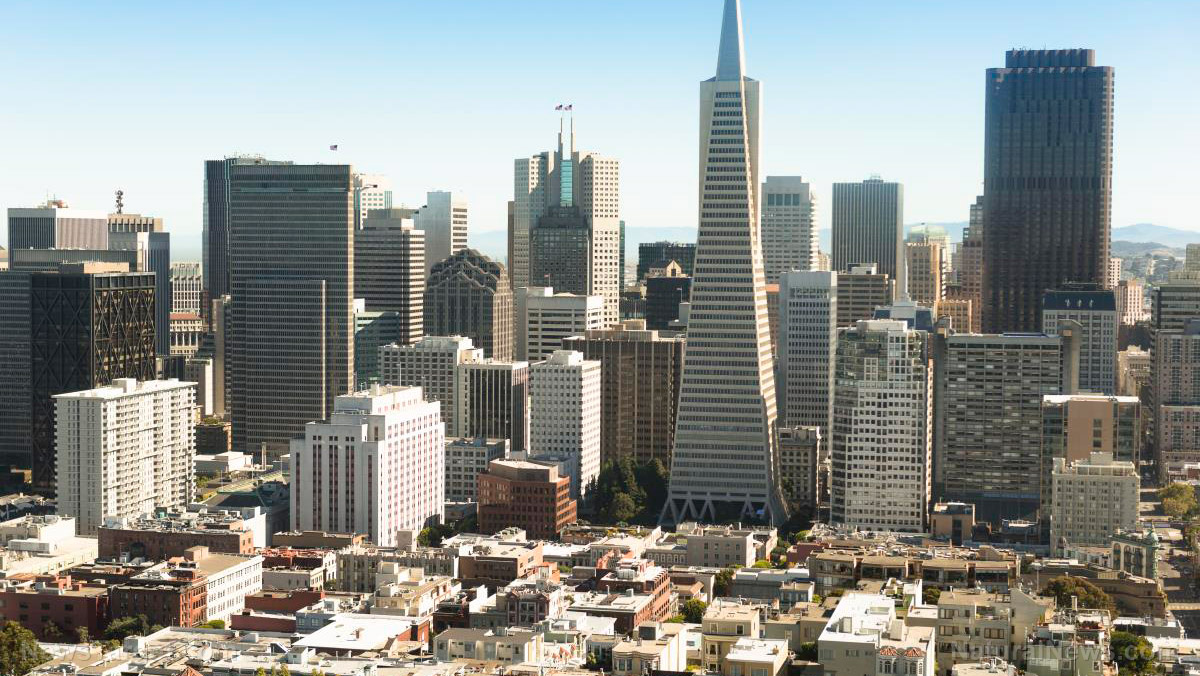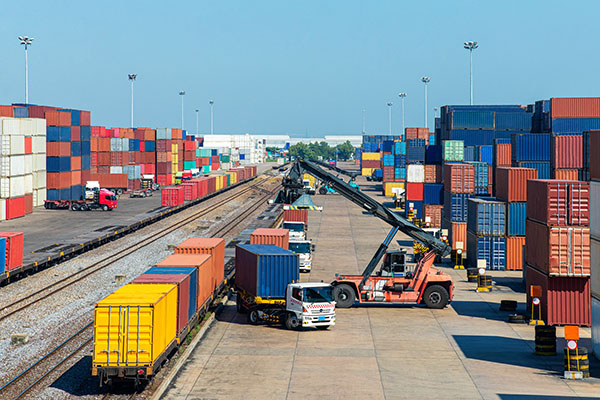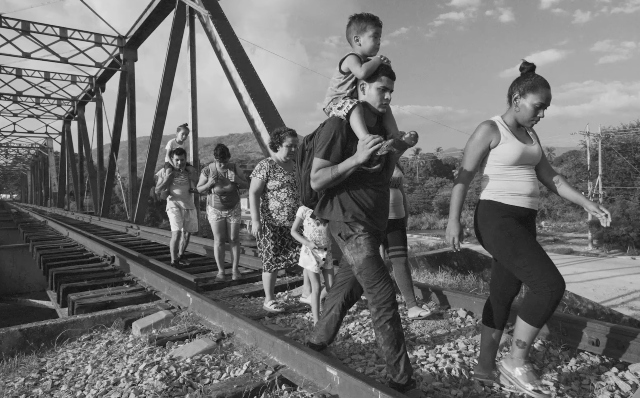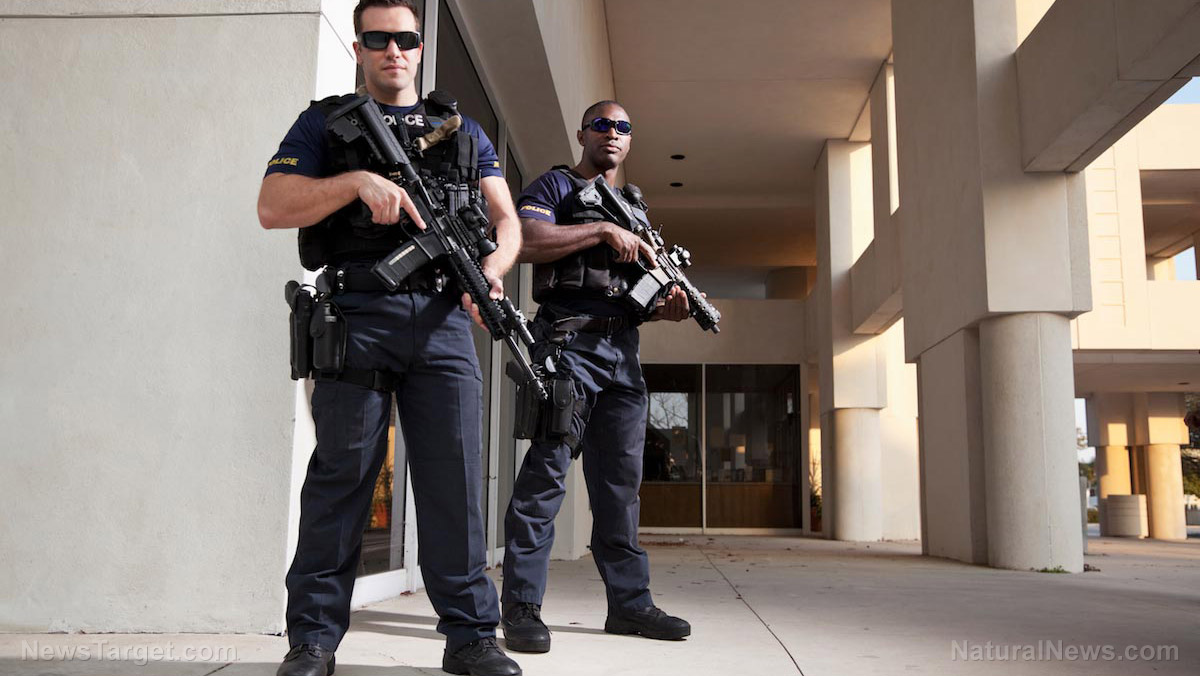San Francisco’s biggest hotels are shutting down due to unpaid debts as fewer tourists visit the crime-riddled, crap-smothered city
06/12/2023 / By Arsenio Toledo

Park Hotels and Resorts, the owner of the two largest hotels in San Francisco, has announced that it has stopped making payments on a $725 million loan meant to keep its two hotels in the city running.
The two hotels in question – Hilton San Francisco Union Square and JW Marriott San Francisco Union Square – have nearly 3,000 rooms combined. Together, the two hotels make up roughly nine percent of San Francisco’s hotel room inventory. The $725 million loan that has kept them running throughout the pandemic will default and will be the largest hotel default in the United States since 2020.
Once the loan keeping the two hotels afloat goes into delinquency in July, 80 basis points (0.8 percent) will be added to San Francisco’s hotel delinquency rate, pushing it above five percent.
Other notable hotels like the Huntington Hotel in the Nob Hill neighborhood and the YOTEL on Market Street also recently shut down after they were both sold at foreclosure auctions. The 208-room The Marker Hotel and the 236-room Hotel Spero were also recently sold for $77 million and $71 million, respectively.
While these six hotels are the most recent victims of the economic downturn plaguing the city, they might not be the last. More than 30 other hotels in San Francisco are facing loans due in the next two years
After Park Hotels, the next-biggest mortgage deadline comes in January 2024, when the 543-room Hilton San Francisco Financial District’s $97 million loan faces maturation. As of March, just $9.3 million of this loan has been paid off.
“We are confident that we can achieve the refinancing of this loan,” said David Gonzalez, president of Portsmouth Square, the hotel lender that currently owns the hotel’s debt.
High cost of living, rampant crime among many problems hampering San Francisco’s economy
In a statement, Park Hotels and Resorts CEO Thomas Baltimore Jr. noted that San Francisco is facing multiple major challenges preventing its proper economic recovery.
“After much thought and consideration, we believe it is in the best interest for Park’s stockholders to materially reduce our current exposure to the San Francisco market,” Park Hotels CEO Thomas Baltimore Jr. said in a statement. “Now more than ever, we believe San Francisco’s path to recovery remains clouded and elongated by major challenges – both old and new.”
According to Baltimore, the concerns hampering San Francisco’s economic recovery include record high rental property vacancies, street crimes and a lower rate of companies based in San Francisco telling their employees to return to the office compared to other cities. (Related: Rise of remote work and decline of commuters contributing to San Francisco’s “urban doom loop.”)
Baltimore also cited “a weaker than expected citywide convention calendar through 2027 that will negatively impact business and leisure demand and will likely significantly reduce compression in the city for the foreseeable future.”
“Unfortunately, the continued burden on our operating results and balance sheet is too significant to warrant continuing to subsidize and own these assets,” Baltimore concluded. Park Hotels confirmed that the two hotels will remain open, but refused to comment further on any potential ownership changes.
“People are looking at San Francisco and thinking it’s very difficult to build here, and if we can hold onto our assets we might be okay,” noted Alan Reay, president of consultancy at the hotel conglomerate Atlas Hospitality.
He speculated that Park Hotels might end up investing in other leisure markets like Hawaii, and the borrowers that keep luxury hotels afloat might end up going back to other markets like Chicago and New York City.
Learn more about the ticking time bomb that is America’s economy at DebtCollapse.com.
Watch this video comparing what San Francisco used to be like in 1950 to how it is like today.
This video is from the Halo Rock channel on Brighteon.com.
More related stories:
T-Mobile CLOSES DOWN flagship San Francisco store amid city’s chaos.
California’s homeless construct two-mile-long vehicle encampment in San Francisco’s North Bay region.
Whole Foods leaves downtown San Francisco one year after opening due to rampant crime.
Sources include:
Submit a correction >>
Tagged Under:
bubble, California, california collapse, collapse, collapsifornia, debt bomb, debt collapse, economic collapse, economics, economy, finance, financial crash, hotels, market crash, money supply, Park Hotels and Resorts, Real Estate, risk, San Francisco
This article may contain statements that reflect the opinion of the author
RECENT NEWS & ARTICLES
COPYRIGHT © 2022 FinanceRiot.com
All content posted on this site is protected under Free Speech. FinanceRiot.com is not responsible for content written by contributing authors. The information on this site is provided for educational and entertainment purposes only. It is not intended as a substitute for professional advice of any kind. FinanceRiot.com assumes no responsibility for the use or misuse of this material. All trademarks, registered trademarks and service marks mentioned on this site are the property of their respective owners.




















